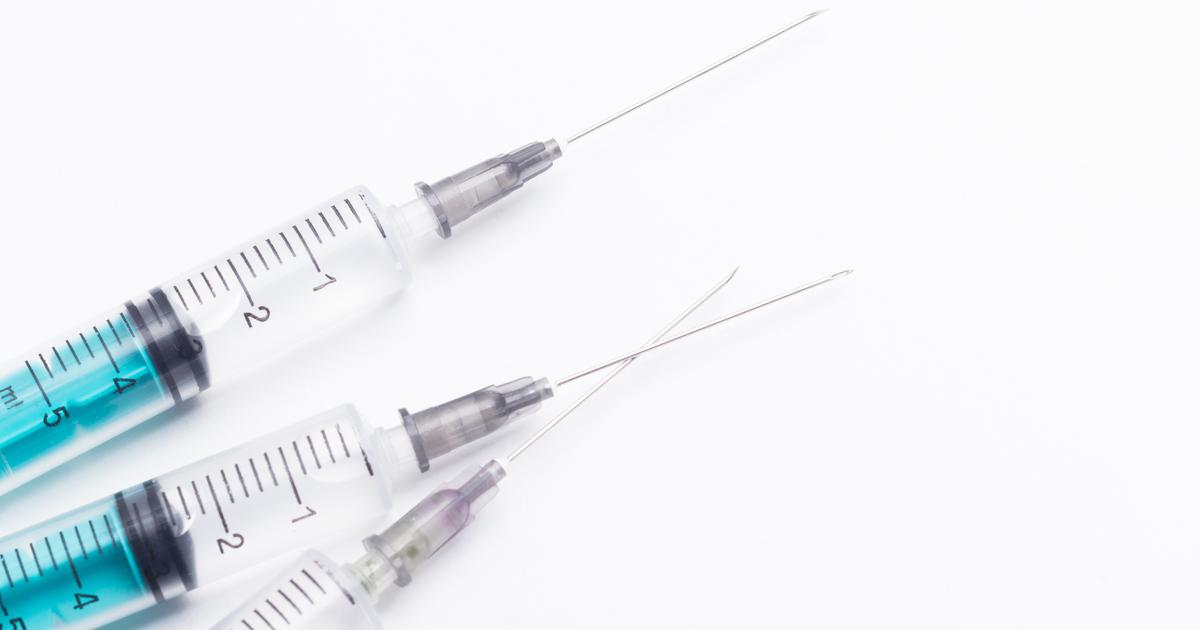And three.
The World Health Organization officially recommended, this Friday, a new treatment against Covid-19 but only in certain very specific cases: synthetic antibodies from Regeneron.
According to an opinion of WHO experts published in the medical journal The BMJ, this treatment is recommended on the one hand in "patients with non-severe forms of Covid who are at high risk of hospitalization", such as the elderly or those whose immune system is weakened (by cancer or after an organ transplant, for example).
On the other hand, treatment is recommended in patients with "a severe or critical form and who are seronegative, that is to say who have not developed their own antibody response" despite the infection.
"For all other types of Covid-19 patients, it is unlikely that the benefits of this antibody treatment will be significant," writes The BMJ in the press release accompanying this opinion.
A very high price
“Given the high cost and the low availability of this treatment, (the international drug purchasing agency) Unitaid is negotiating with the Roche laboratory (…) to obtain lower prices and a fair distribution through all regions, especially low- and middle-income countries, ”the WHO said in a separate statement.
The organization also asks the laboratory to "transfer its technology to allow the manufacture of equivalent versions of this treatment, so that all patients who need it can have access".
Read also Anti-Covid treatments: effectiveness, cost ... five promising drugs on the test bench
Designed by the biotechnology company Regeneron and marketed by the Roche laboratory under the name Ronapreve, this treatment combines two antibodies (called “monoclonal”) manufactured in the laboratory, casirivimab and imdevimab.
When injected intravenously, they are supposed to support the immune system to neutralize the coronavirus.
Former United States President Donald Trump received this treatment when he contracted the Covid in the fall of 2020.
In recent months, NGOs have denounced the high price of Ronapreve, which they estimated at around 2,000 dollars (1,700 euros) per dose.
This is only the third treatment for Covid-19 recommended by the WHO.
After initial recommendations in September 2020, updated since, it recommends the systematic administration of corticosteroids to severely affected patients.
In addition, since last July, it has recommended for these same patients another class of drugs, the “interleukin 6 antagonists” (tocilizumab and sarilumab), in addition to corticosteroids.
A treatment combining two antibodies (casirivimab and imdevimab) is recommended for two specific groups of patients with # COVID19 by a @WHO Guideline Development Group (GDG) panel of international experts and patients https://t.co/ozASqR29on #RapidRecs
- The BMJ (@bmj_latest) September 24, 2021
The new WHO recommendations for Regeneron antibodies are based on the results of several clinical trials.
In the first case, these trials, the results of which have not yet been published, show that Ronapreve “probably reduces the risk of hospitalization and the duration of symptoms in patients at higher risk of severe forms” of Covid.
The second recommendation is driven by the results of the large UK Recovery trial.
They show that these synthetic antibodies "probably reduce" the risk of dying and being placed on mechanical ventilation in patients who have not developed their own antibodies.
The WHO therefore calls for not giving treatment to patients who have developed antibodies, to ensure more equitable access throughout the world.













